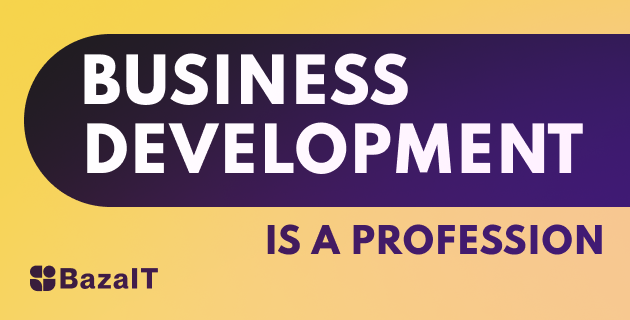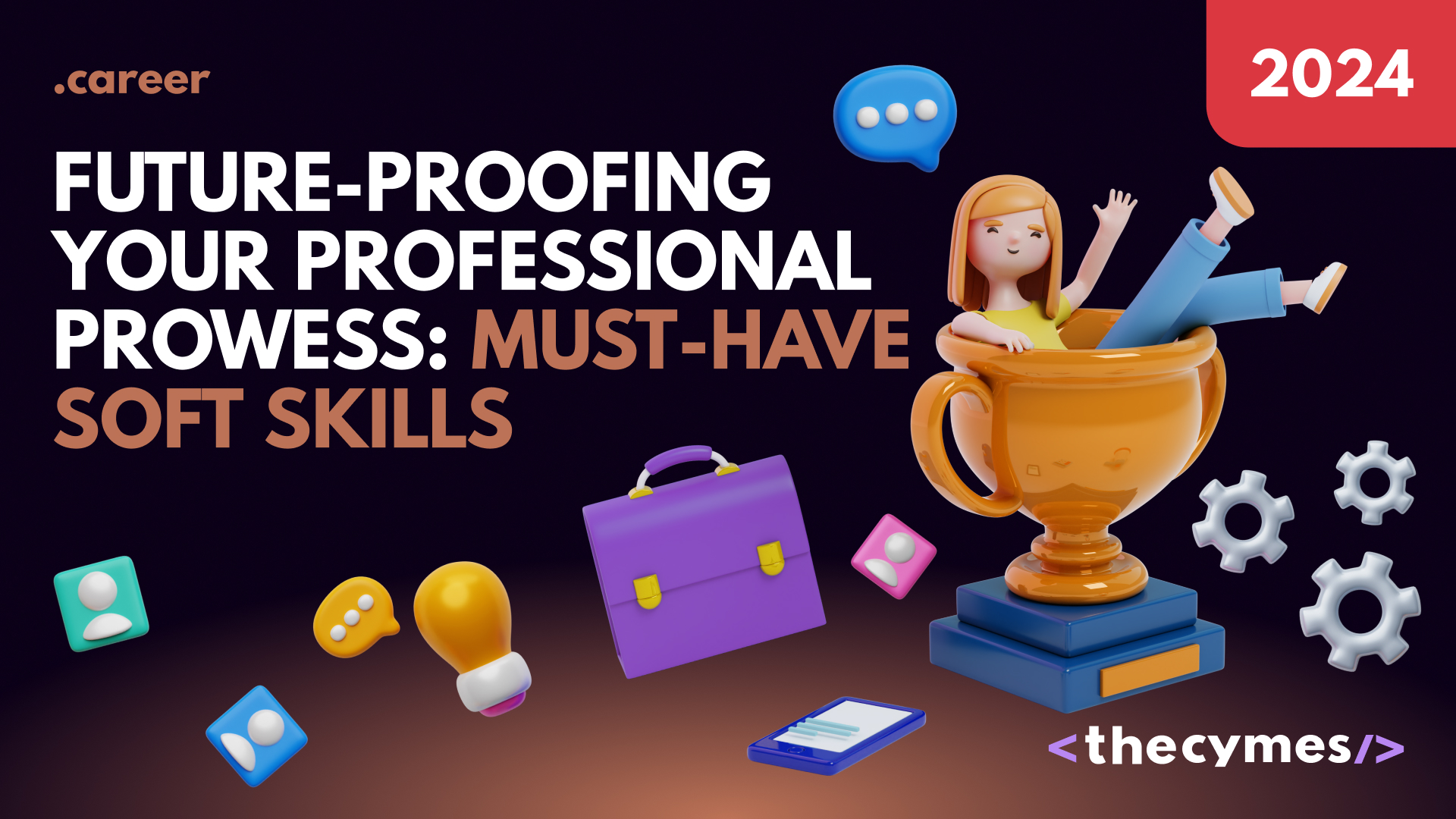.entrepreneurship29 May 10:38
0<
How and where to develop in the profession of Business Development Manager
/>Career growth explained by a series of Broadcast by BazaIT be updated on the latest tech newsGet exclusive news updates and overview on tech market



